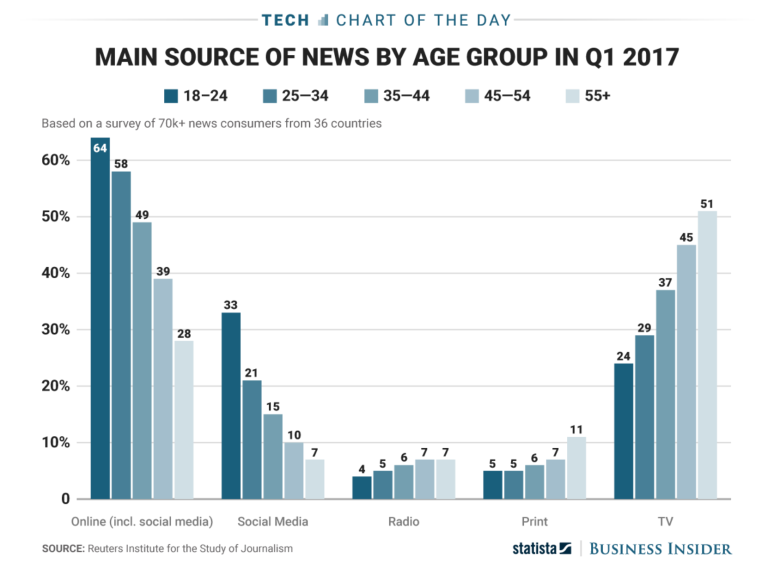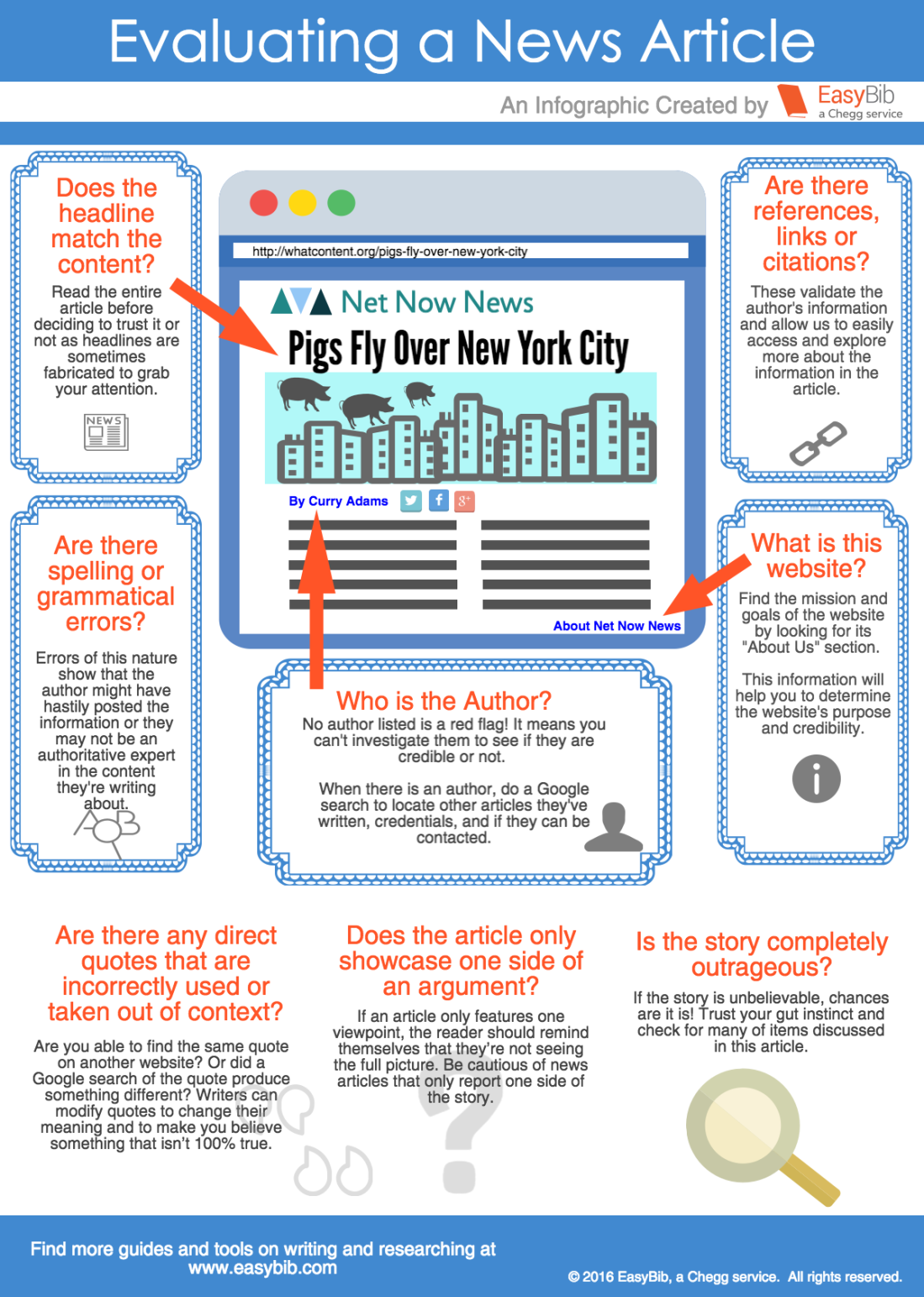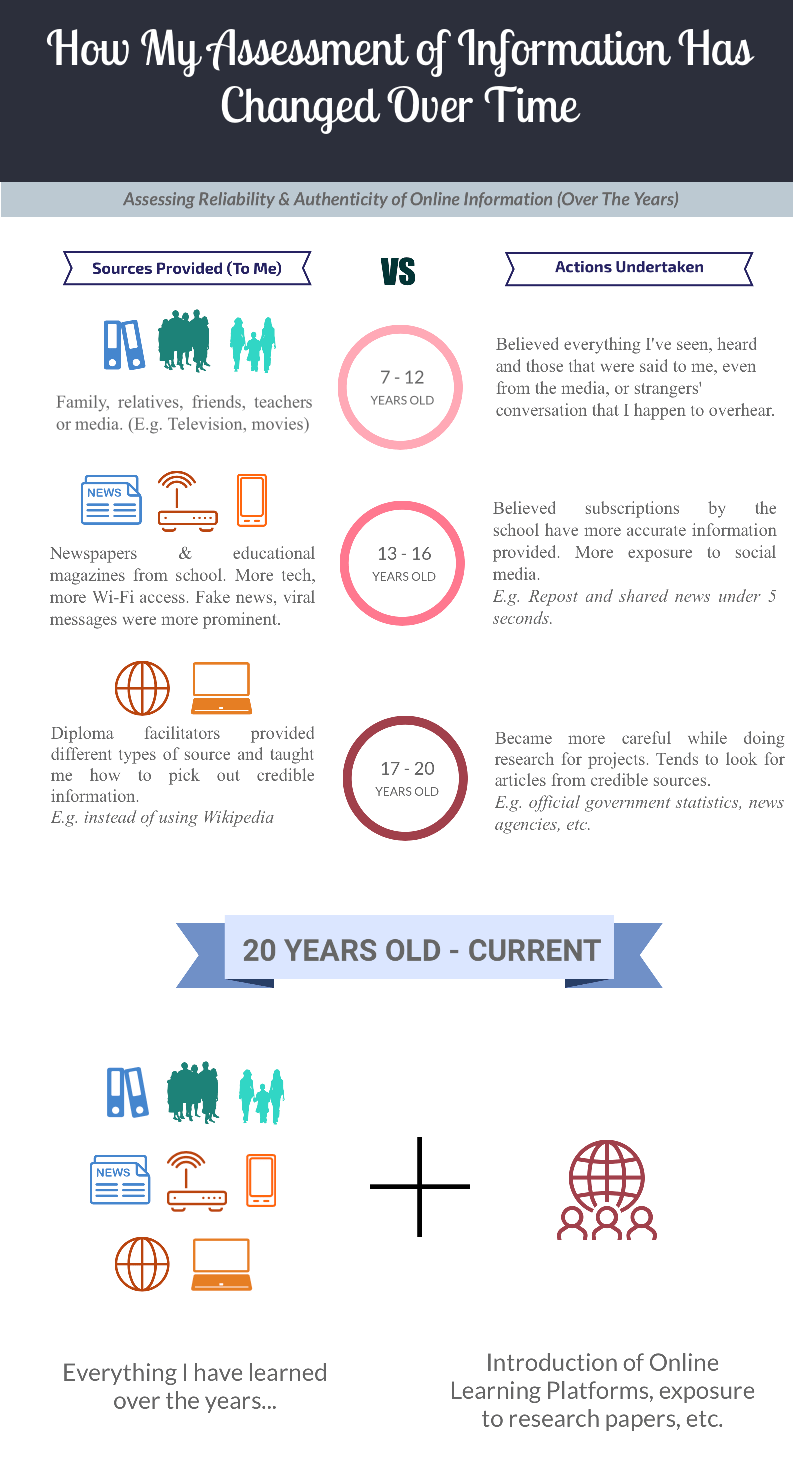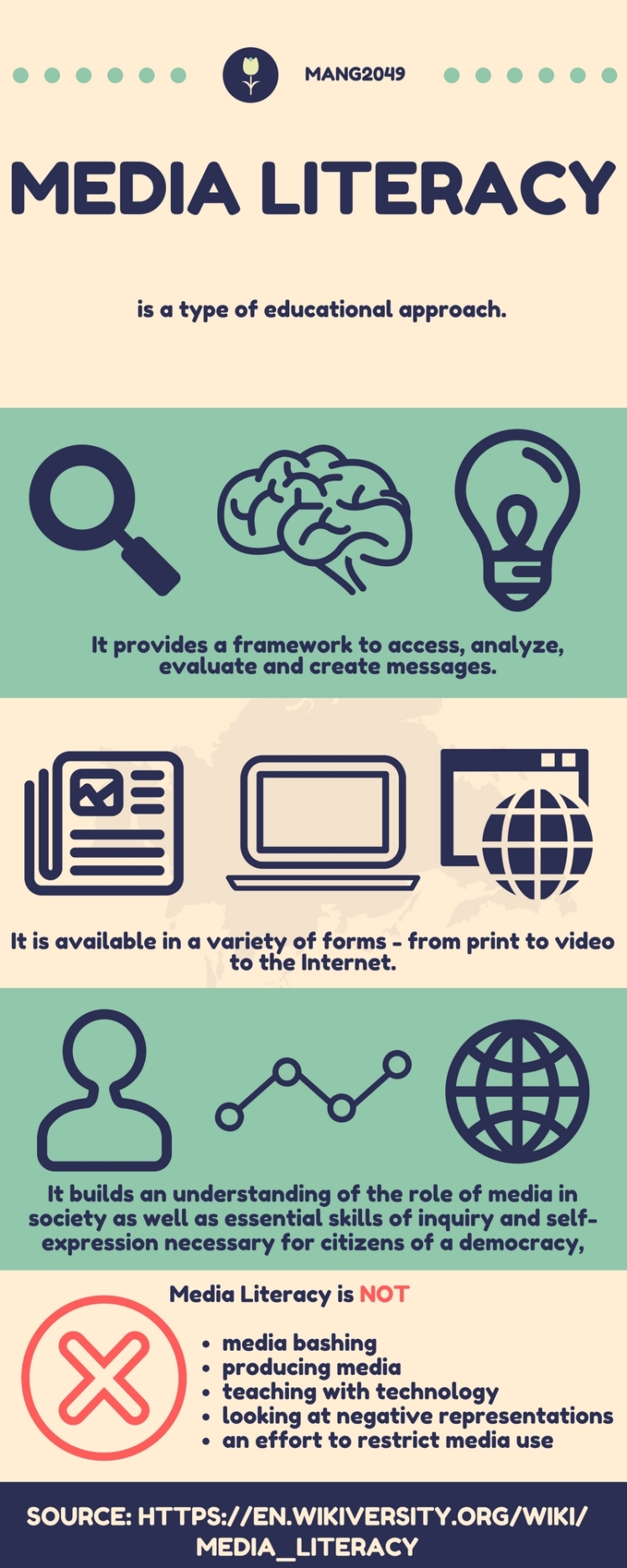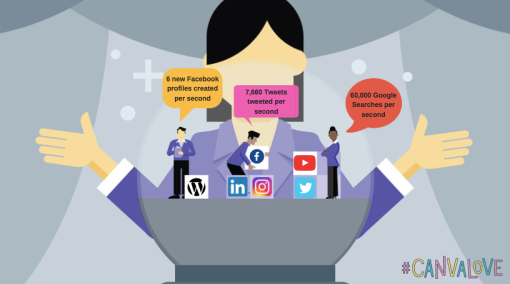
Assessing the reliability and authenticity of online information
I was finding out more on how we can assess the reliability and authenticity of online information, when I stumbled upon an incident that happened in Washington. It was about how a false piece of information was believed by many people and it escalated into a very serious issue.
Figure 1. Infographic on #pizzagate fake news. Created by Rachel Lee. (2017).
I feel that this incident demonstrated the risks of being ignorant and incapable of identifying fake and real media/news.
Figure 2.
Continue reading →


